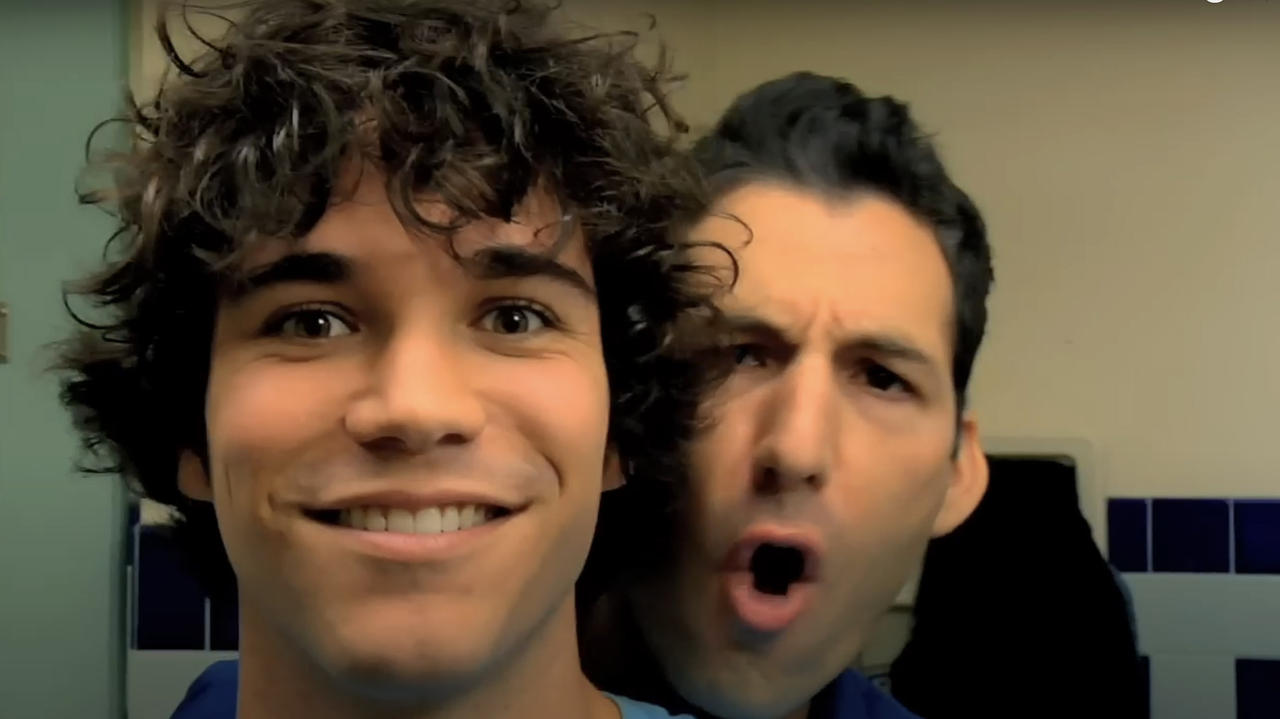
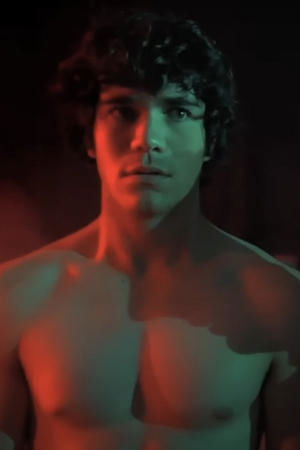
The Cinderella Effect(2012)
Randall Grimm has arrived in Los Angeles in search of his very own happy ending. Within moments of arriving, however, Randall is thrust into the very high-pressure networking atmosphere of a local LGBTQ film festival that his friend insists on attending. Awkward and out-of-place, Randall holds fast to the notion that Hollywood produces its very own happy endings. Soon, he imagines the high-pressure after-party to become the all-too-familiar royal ball of a fairytale; the cynical partygoers adopt the characteristics of evil stepsisters, and Prince Charming exists in the body of a Hollywood Leading Man. However, no Cinderella story can exist without a Fairy Godmother, and Randall deconstructs his happy-ever-after notions so he can discover that the only thing real in Hollywood is the FINAL REEL of whatever genre we write for ourselves.
Movie: The Cinderella Effect
Top 3 Billed Cast
Video Trailer The Cinderella Effect
Similar Movies
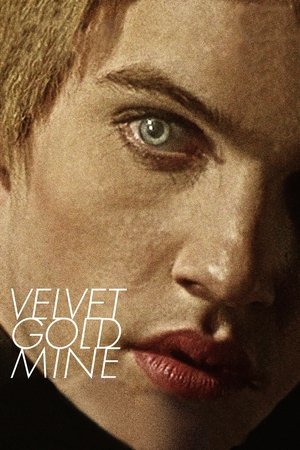 6.9
6.9Velvet Goldmine(en)
Almost a decade since larger-than-life glam-rock enigma Brian Slade disappeared from public eye, an investigative journalist is on assignment to uncover the truth behind his former idol.
 0.0
0.0Dirt Femme(en)
Dirt Femme is a 2022 visual starring Swedish singer-songwriter Tove Lo.
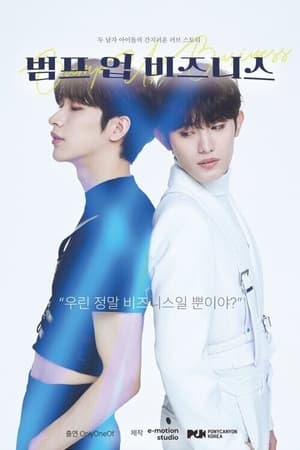 4.0
4.0Bump Up Business(ko)
Eden, who is about to debut in a boyband, encounters Jihoon, an over-the-hill celebrity from the same agency as his. Not long after seeing Jihoon and determining that he would become a more popular star than Jihoon, Eden is told that he can make his debut only by doing a “business gay performance (BGP)” as a team with Jihoon. Eden wants to reject such a reality, but he follows what his agency wants him to do for his long-cherished dream of debuting. Eden feels averse to “BGP” while working in a boy band called “BoK”, and Jihoon naturally approaches and teases him. The two continue to squabble, but as they spend more time together, they begin to grow closer. In the meantime, with the appearance of top stars Hyunbin and Jay, misunderstandings between Eden and Jihoon build up… Will they be able to clear up the misunderstanding and find out their true feelings for each other?
 0.0
0.0Enter Achilles(en)
A funny, cruel exploration of the male psyche, Enter Achilles is set in a typical British pub, a shabby, nicotine-stained boozer. Pop songs tumble out of the jukebox, there is football on the TV, and the eight men lark around, pint glasses in hand. But their blokish fun is balanced on a knife-edge of tension, for beneath the mateyness lurks a disturbing undercurrent of paranoia and insecurity, where weakness is brutally exploited and violence covers up vulnerability.
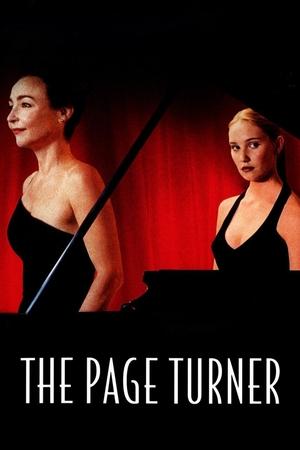 6.5
6.5The Page Turner(fr)
Mélanie Prouvost, a ten-year-old butcher's daughter, is a gifted pianist. That is why she and her parents decide that she sit for the Conservatory entrance exam. Although Mélanie is very likely to be admitted, she unfortunately gets distracted by the president of the jury's offhand attitude and she fails. Ten years later, Mélanie becomes her page turner, waiting patiently for her revenge.
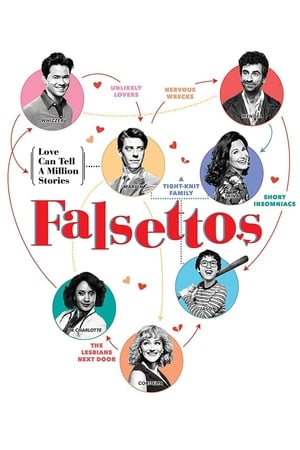 8.3
8.3Falsettos(en)
The 2016 Broadway Revival of William Finn's Tony-winning musical. It tells the story of Marvin, a Jewish family man who leaves his wife and son for a male lover during the height of the AIDS crisis in 1980s New York City.
 5.0
5.0Fujimi Orchestra: Cold Front Conductor(ja)
Tonoin Kei, a musical genius, becomes the new conductor of Fujimi, clashing with the group's leader, Morimura Yuuki, who is unaware of Kei's feelings for him.
 7.4
7.4Wish You(ko)
Singing and dreaming together, a talented singer-songwriter and a same-aged keyboardist add harmony and love to each other's lives.
 5.8
5.8Pierrot Lunaire(en)
Invited by the conductor Premil Petrovic to stage Arnold Schoenberg’s Pierrot Lunaire, a musical theater work from 1912 based on the poems of Albert Giraud, LaBruce transposed a strange and tragic episode of true crime onto the composition. Complementing the original atonal score is a narrative about a trans man who is outed by his girlfriend’s father and forbidden from seeing the young woman again. Crestfallen, the protagonist decides to prove the fact of his manhood by castrating a taxi driver and then revealing his newly transplanted member to the two of them. This story, which for LaBruce “serves as a kind of allegory for all gender radicals and outcasts driven to extremes by the disapproval and hostility of the dominant order,” is rendered in a visual style that nods to the era of Schoenberg’s melodrama. LaBruce cheekily appropriates the formal vocabulary of silent cinema with black-and-white photography, irises, and intertitles like “A cock, a cock, my kingdom for a cock!”
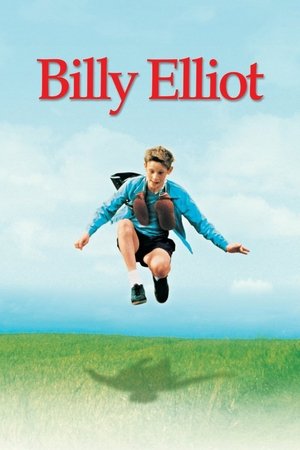 7.6
7.6Billy Elliot(en)
County Durham, England, 1984. The miners' strike has started and the police have started coming up from Bethnal Green, starting a class war with the lower classes suffering. Caught in the middle of the conflict is 11-year old Billy Elliot, who, after leaving his boxing club for the day, stumbles upon a ballet class and finds out that he's naturally talented. He practices with his teacher Mrs. Wilkinson for an upcoming audition in Newcastle-upon Tyne for the royal Ballet school in London.
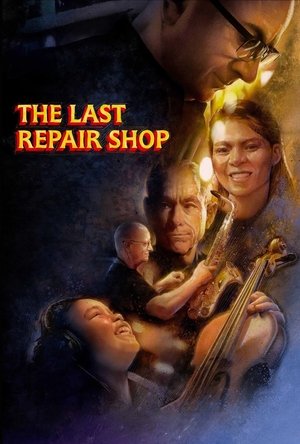 7.5
7.5The Last Repair Shop(en)
In a warehouse in the heart of Los Angeles, a dwindling handful of devoted craftspeople maintain more than 80,000 student musical instruments, the largest remaining workshop in America of its kind. Meet four unforgettable characters whose broken-and-repaired lives have been dedicated to bringing so much more than music to the schoolchildren of this city.
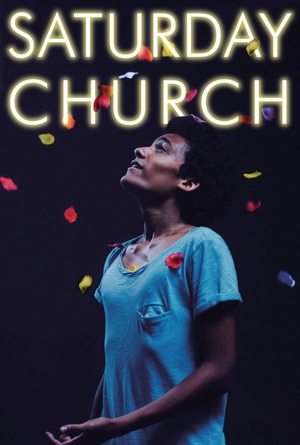 6.6
6.6Saturday Church(en)
Ulysses is a shy and effeminate boy who finds himself coping with new responsibilities as man of the house after the death of his father. Living alongside his mother, younger brother, and conservative aunt, Ulysses is also struggling with questions about his gender identity. He finds an escape by creating a world of fantasy filled with dance and music. Ulysses' journey takes a turn for the better when he finds a vibrant transgender community.
 6.4
6.4Better Nate Than Ever(en)
13-year-old Nate Foster has big Broadway dreams but there’s only one problem — he can’t even land a part in the school play. When his parents leave town, Nate and his best friend Libby sneak off to the Big Apple for a once-in-a-lifetime opportunity to prove everyone wrong. A chance encounter with Nate’s long-lost Aunt Heidi turns his journey upside-down, and together they must learn that life’s greatest adventures are only as big as your dreams.
 6.0
6.0Keyboard Fantasies(en)
As a sci-fi obsessed woman living in near isolation, Beverly Glenn-Copeland wrote and self-released Keyboard Fantasies in Huntsville, Ontario back in 1986. Recorded in an Atari-powered home-studio, the cassette featured seven tracks of a curious folk-electronica hybrid, a sound realized far before its time. Three decades on, the musician – now Glenn Copeland – began to receive emails from people across the world, thanking him for the music they’d recently discovered.
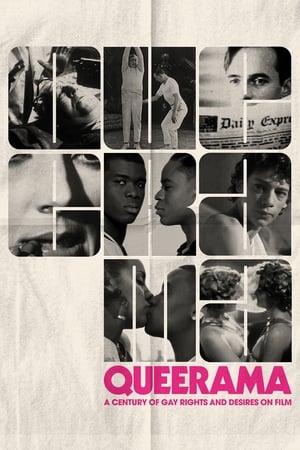 5.2
5.2Queerama(en)
Created from a treasure trove of archive, Queerama traverses a century of gay experiences, encompassing persecution and prosecution, injustice, love and desire, identity, secrets, forbidden encounters, sexual liberation and pride. The soundtrack weaves the lyrics and music of John Grant, Goldfrapp and Hercules & Love Affair with the images and guides us intimately into the relationships, desires, fears and expressions of gay men and women in the 20th century – a century of incredible change.
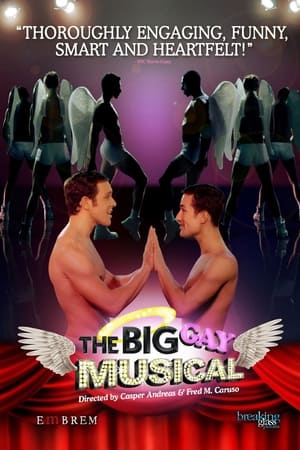 6.7
6.7The Big Gay Musical(en)
Paul and Eddie have just begun previews for the new Off-Broadway musical "Adam and Steve - Just the Way God Made 'Em." Their lives strangely mirror the characters they are playing. Paul is looking for the perfect man and Eddie is dealing with how his sexuality and faith can mix.
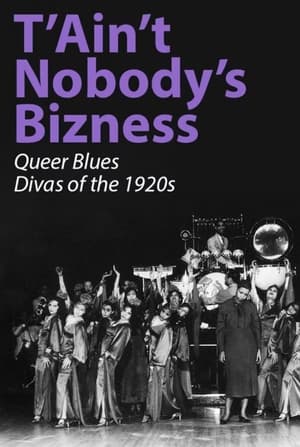 0.0
0.0T'Ain't Nobody's Bizness: Queer Blues Divas of the 1920s(en)
The 1920s saw a revolution in technology, the advent of the recording industry, that created the first class of African-American women to sing their way to fame and fortune. Blues divas such as Bessie Smith, Ma Rainey, and Alberta Hunter created and promoted a working-class vision of blues life that provided an alternative to the Victorian gentility of middle-class manners. In their lives and music, blues women presented themselves as strong, independent women who lived hard lives and were unapologetic about their unconventional choices in clothes, recreational activities, and bed partners. Blues singers disseminated a Black feminism that celebrated emotional resilience and sexual pleasure, no matter the source.
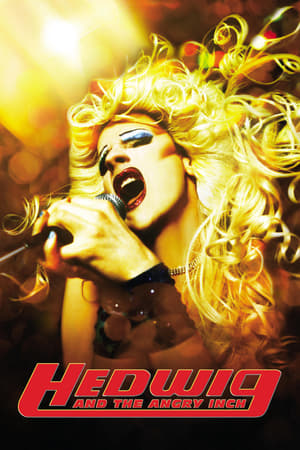 7.4
7.4Hedwig and the Angry Inch(en)
Raised a boy in East Berlin, Hedwig undergoes a personal transformation in order to emigrate to the U.S., where she reinvents herself as an 'internationally ignored' but divinely talented rock diva, inhabiting a 'beautiful gender of one'.
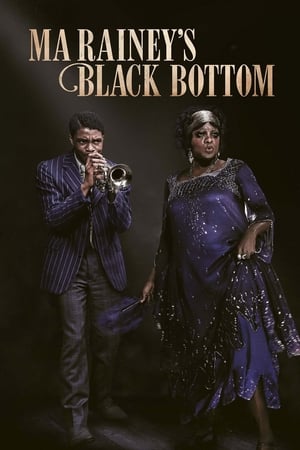 6.7
6.7Ma Rainey's Black Bottom(en)
Tensions rise when the trailblazing Mother of the Blues and her band gather at a Chicago recording studio in 1927. Adapted from August Wilson's play.



